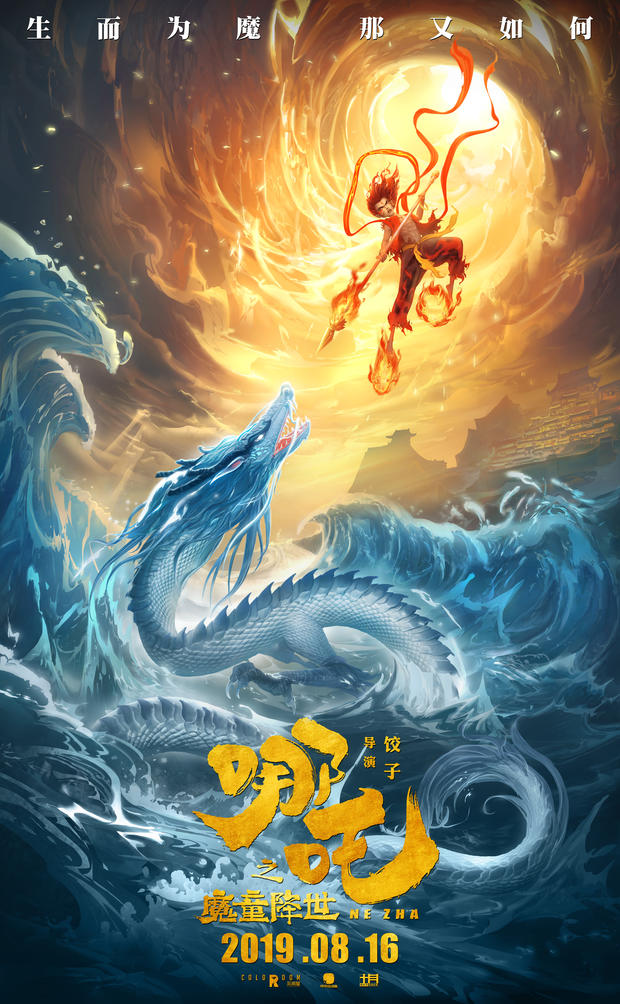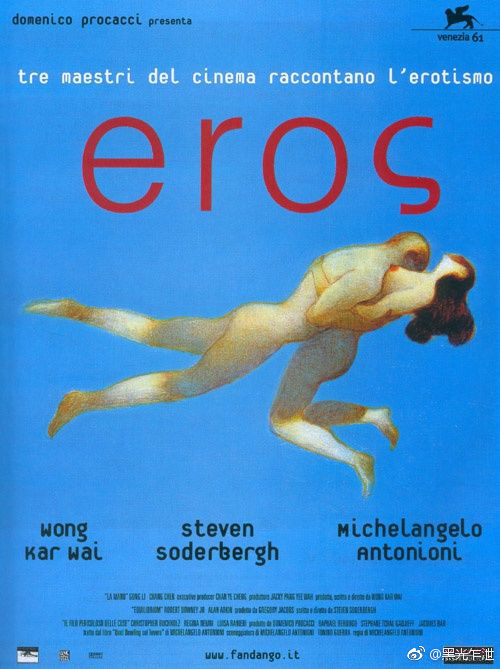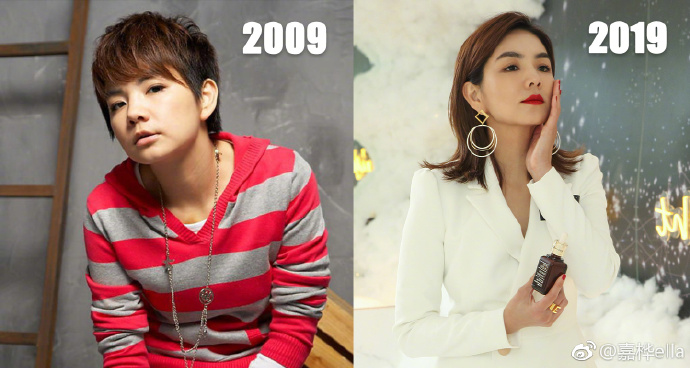年下攻 [nián xià gōng ] n. Age+below+attack. The younger one on top. This Internet slang term refers to a homosexual relationship where the younger person is the top while the older person is the bottom.
This slang term is related to 耽美 [dān měi].
年下攻 [nián xià gōng ] n. Age+below+attack. The younger one on top. This Internet slang term refers to a homosexual relationship where the younger person is the top while the older person is the bottom.
This slang term is related to 耽美 [dān měi].

漫改 [màn gǎi] n. Short for 漫畫改編 [màn huà gǎi biān] “adapted from comics / manga.”
國漫 [guó màn] n. 國産漫畫 [guó chǎn màn huà] “domestic comics.”
These two words showed up a lot these days because of the domestic comics-adapted animated movie “Ne Zha” broke the box office record by pulling in over 700 million RMB within the first week of release.

上頭姐妹 [shàng tóu jiě mèi ] n. Intoxicated sisters.
上頭 [shàng tóu] means “(of alcohol) to go to one’s head.” Intoxicated sisters refer to female fans who are so psyched about the sweet romantic scenes in Internet novels, idol dramas and online photos that they simply go bananas!
This slang term is made popular by the TV drama Go Go Squid! which took the country by storm in the summer of 2019. I gave up on the drama after watching a few video clips, because Li Xian’s character Han Shangyan has an annoying poker face and is too dominant in the relationship.
Go Go Squid! is one of those popular 甜寵 [tián chǒng] “sweet and pampering” idol dramas which are replete with sweet romantic scenes where the male lead would do anything for the female lead.

追星 [zhuī xīng] v. To chase stars. To be a fan.
I’m not blindly “chasing stars”; I am bravely managing my romantic relationships. #the real reason for fangirling / fanboying#
A tongue-in-cheek love manifesto I saw on Weibo. Some fans are so invested in fangirling / fanboying that they are no longer interested in dating IRL, hence the quip that “most star-chasing dogs are single dogs.”
As for stans who just joke about being “in love” with their idols, claiming certain celebrities as the men or women of their dreams helps them withstand the societal pressure to date or marry.

菊外人 [jú wài rén] n. Ju+outside+person. The outsiders. People who don’t know who Wang Ju (trainee on Produce 101 (China)) is but have been surrounded by messages about voting for Wang Ju.


Just saw a Douban friend’s post and it’s right: 2019 must be a year full of love. Why? Because a mirror image of “2019” is “eros” (God of Love)!

Seeing Internet friends study my Weibo posts so closely, I’m very happy. I’ve finally managed to use a tiny bit of my time to waste very large chunks of time of other people.

Bai Yu: My face looks like a mango in a side view. Nicholas Tse: ???

Bai Yu: I’m a Post-90s (born in the 90s). Nicholas Tse: !!!
![[允悲] [允悲]](https://img.t.sinajs.cn/t4/appstyle/expression/ext/normal/83/2018new_kuxiao_org.png)